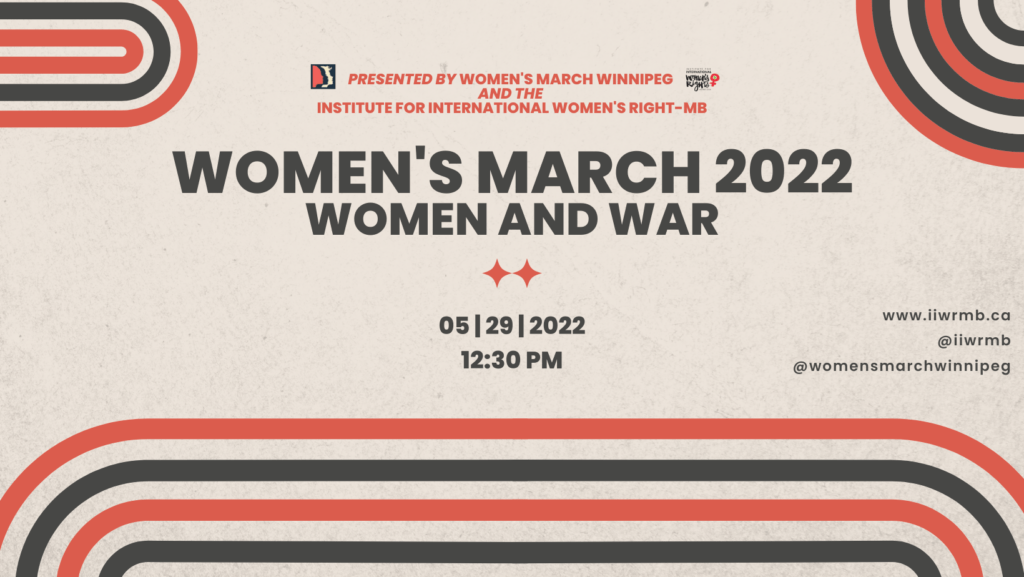
Elder Leslie Spillett, Giizhigoweyaabbikkew, Mukwa Doodem, she/her/Iskwew, is a Cree/Metis community kohkum and organizer who has been involved in many grassroots social justice movements over several decades.
She has contributed to the Indigenous sovereignty and equity within Manitoba’s Indigenous NGOs and co-founded Mother of Red Nations Women’s Council and Ka Ni Kanichihk in 2000. Both organizations were early leaders to support families of MMIWG2S and to advocate for systemic changes within Canada’s colonial institutions including health, education, justice and child welfare.
Currently Leslie works with Ongomiizwin Indigenous Institute of Health and Healing, Rady Faculty of Health Sciences and supports Indigenous students, faculty and staff within the five faculties of health and Mino Pimatisiwin Sexual Health Healing Lodge. She serves on the board/council of the Manitoba Harm Reduction Network, National Consortium for Indigenous Medical Education, Missing and Murdered Indigenous Women, Girls 2SLGBTQQIA+ Manitoba Advisory Committee, and Iskwewak Awetowak Nipocawin: Indigenous Women Leading Knowledge.
Leslie has been a guest of Treaty 1 since 1977 and has raised her family in Winnipeg.
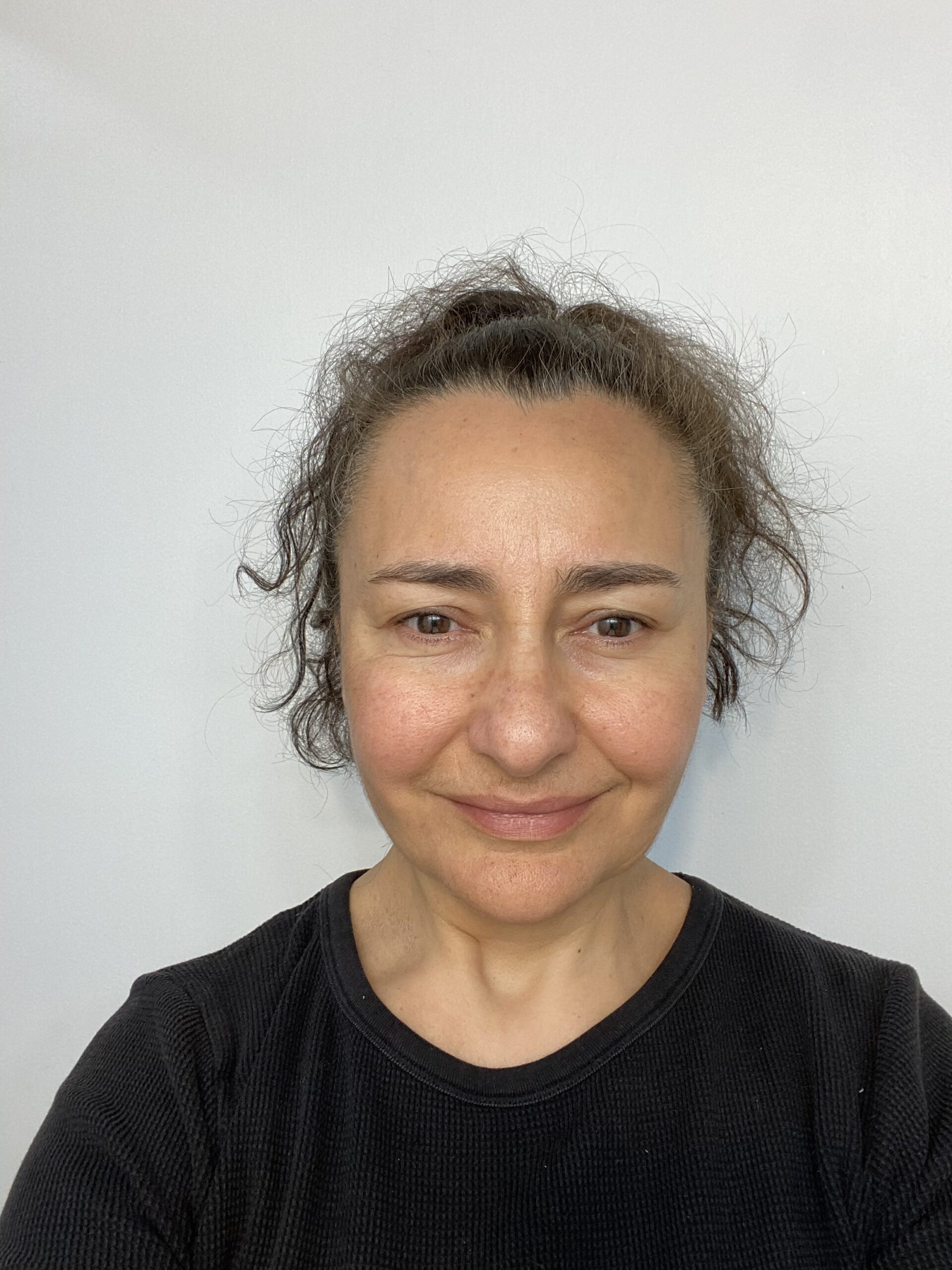
Mariam Omar is an Afghan-Canadian and a member of Canadian Women for Women in Afghanistan. It is a charity and not-for profit organization with a mission to taking action, in partnership with Afghan women, toward improving conditions of human rights, ending women’s oppression, and providing opportunities for Afghan women to live their lives with dignity, certainty and purpose.
As a passionate advocate of human rights and empowerment of women and girls through education, Mariam enjoys working with community partners to advance the rights of women and girls in Afghanistan.
She stands united and in solidarity with all women and children around the world because as united global citizens we are stronger.
For more information about CW4WA or how you can help, visit: https://cw4wafghan.ca/home/
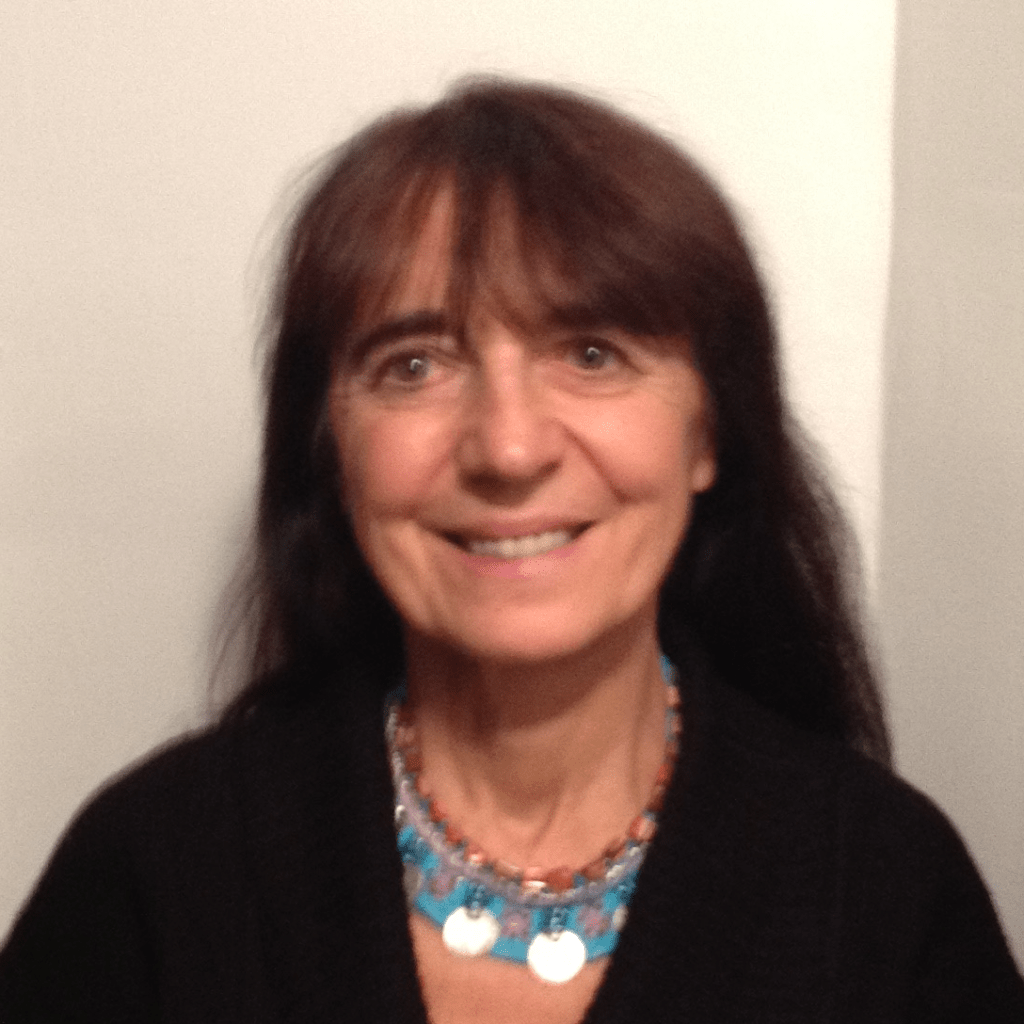
Anastasia Sych-Yereniuk, Principal emeritus, is a Canadian woman of Ukrainian descent. Described by her staff as one of the most dynamic and outstanding educational leaders in the Winnipeg School Division, as Strathcona School’s principal for more than 20 years she devoted her professional career to transforming learning into an arts-based, home-away-from home for thousands of children. During her tenure she made strong positive connections with the vibrant inner-city community she called her family and friends. Always willing to roll up her sleeves and do what’s best for children, Anastasia’s energy, commitment to community and love of life assists all, especially women and girls to have their voices heard advocating that their ticket to a better life is through education.
Anastasia is actively involved in the Ukrainian community especially ROZMAI Ukrainian Dance School, her church and the Ukrainian Canadian Congress Manitoba Branch. Thorough this work, she has been afforded with many opportunities to positively connect with women and children in Winnipeg, Manitoba, Canada and all over the world. Anastasia served as a Canadian election observer in Ukraine during the Orange Revolution in 2007 and the 2014 War of Dignity. Anastasia remains an active member of the Manitoba Ukrainian community and is highly involved in the settlement of the Ukrainian newcomers in Winnipeg through her work with the Ukrainian Canadian Congress Manitoba Branch, Holy Trinity Settlement Support and Anna’s Helpers.

Sri Lankan-born Teruni Walaliyadde has lived in Winnipeg for about 10 years. She was born into war in Sri Lanka and lived her formative life amidst the almost 30-year civil war.
Teruni graduated from the University of Winnipeg with a B.A. in Human Rights and actively participated in numerous human rights events while being a student. She continues to engage in events, raising awareness, and creating space for dialogue.
Presently, she is the Co-Chair for the Institute for International Women’s Rights – Manitoba (IIWR-MB).
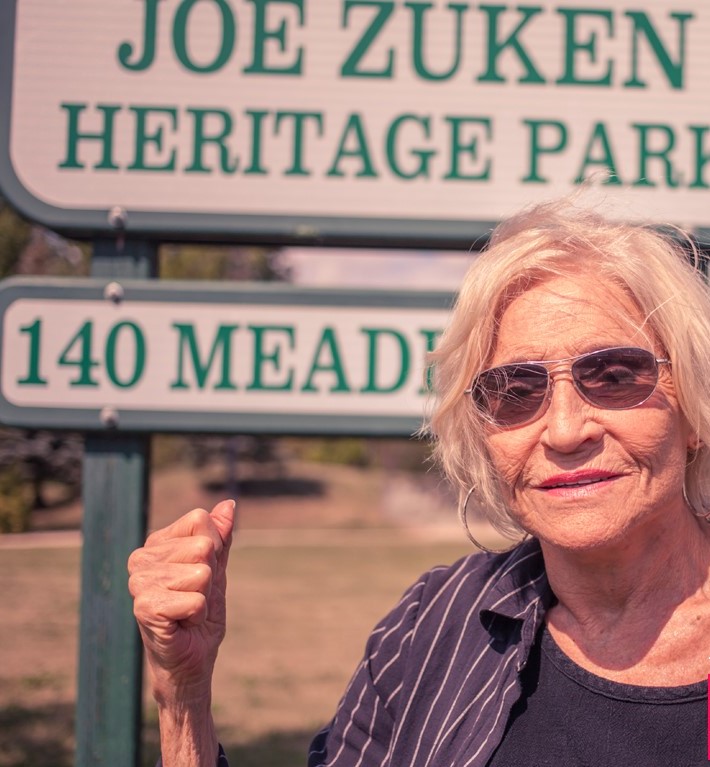
Fagie Fainman grew up in the North End of Winnipeg. Her father was a kosher butcher and both her parents worked night and day in the butcher shop. An only child, she grew up like a wild weed with no parental input. Fagie’s biggest influence in her life was Anti-Semitism. After World War Two, her mother discovered that her entire family – brothers, sisters, mothers, father, aunts, uncles, and grandparents were killed in gas chambers by the Nazis. Her mother had a breakdown & never functioned again. She died when she was 54 years old.
Fagie loved school as it was a place to socialize, but was expelled from St. Johns High in Grade 10 and was told if by some miracle she completed Grade 10 she would be allowed back. The miracle did happen and she was allowed back in Grade 11. She married Jack Fainman when she was 18 years old and decided to go back to school 10 years later, enrolling at the University of Manitoba where she double majored in philosophy and psychology and graduated with B.A. She then received specific permission to study the Russian and Chinese Revolutions and earned her Master’s, after which to went to law school and graduated with her LLB.
She went on to open the first women’s law office, “Fainman & Dunn” in Winnipeg and became a Criminal Defense Lawyer while her law partner, Cathy Dunn, practiced mostly family law. Fagie spent most of her practice working with Indigenous communities, specifically the South East Tribal Council.
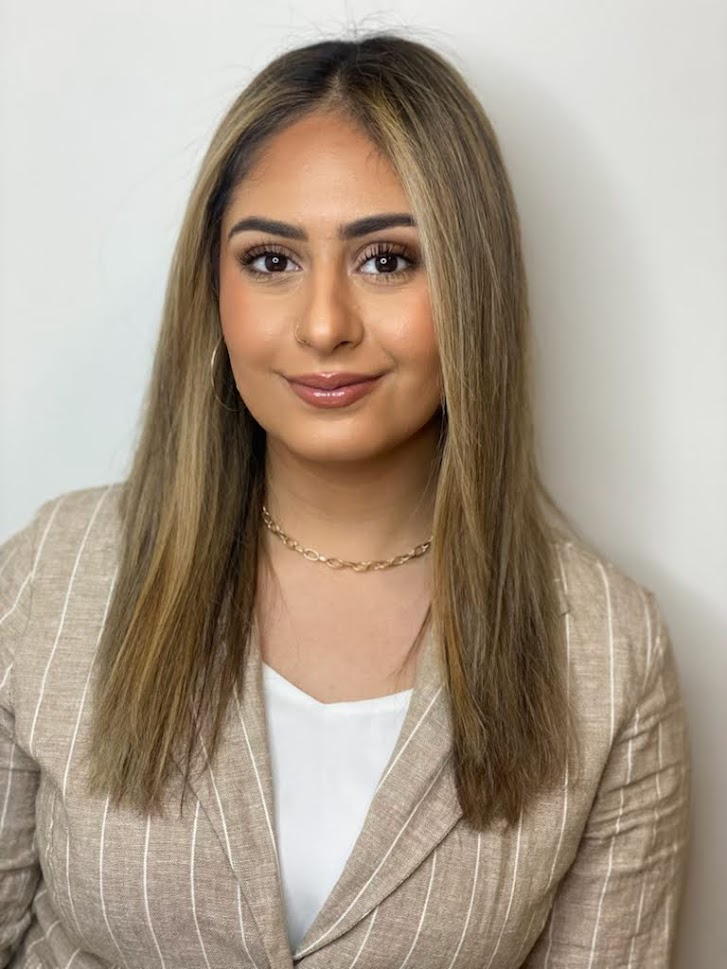
Mona Zangana is the Vice-President of Finances for the Students for Justice in Palestine at the University of Manitoba and currently has a career in law.
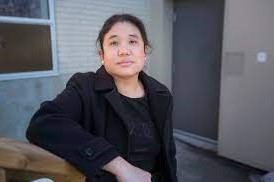
Vivienne Ho is the founder of Women’s March Winnipeg and the President of CUPE Local 2348. She is the Chair for the CUPE Manitoba’s Human Rights Committee.
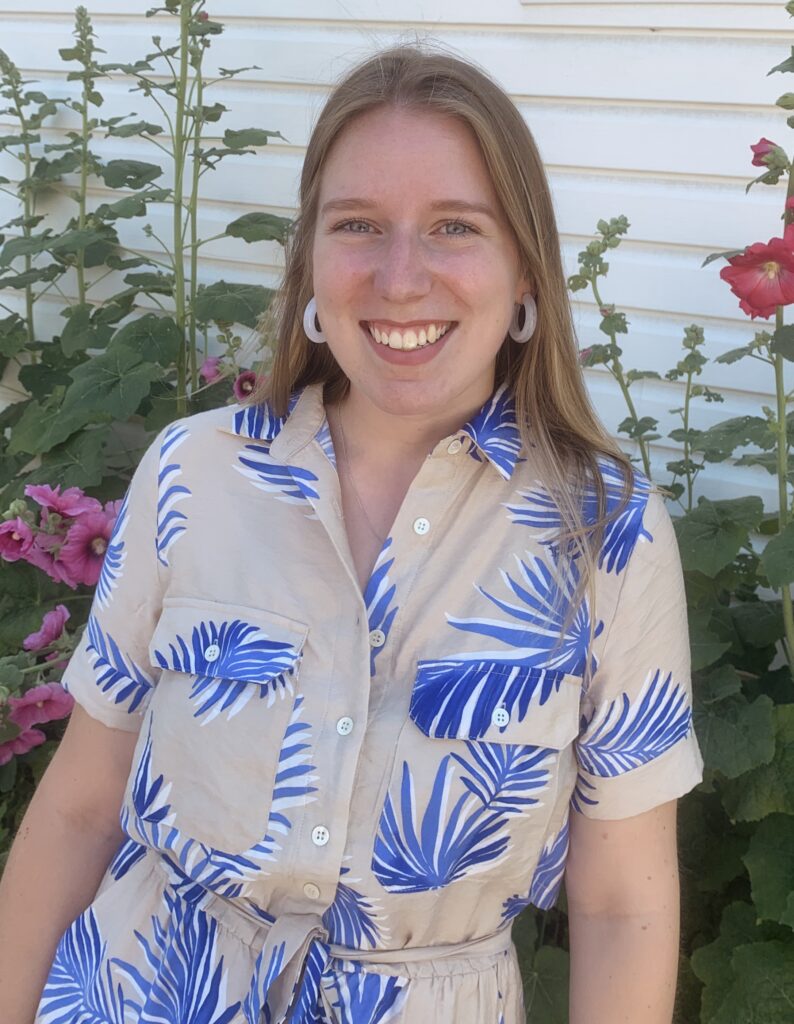
Leah Wilson is a student and a community activist. Currently, Leah is a Master of Arts candidate in Law and Legal studies at Carleton University. Leah’s research has focused on human rights, transitional justice, settler-colonial relations, and financial literacy. They graduated from the University of Winnipeg in 2019 with a BA, double majoring in Human Rights and International Development Studies.
They have served communities in Winnipeg in many roles, and currently works as the Communications Coordinator for Make Poverty History Manitoba and serves as the Co-Chair of Advocacy for the Institute for International Women’s Rights-Manitoba (IIWR-Mb). In May 2020, IIWR-Mb launched a Feminist Response to COVID-19 campaign to address the disproportionate crisis-imposed impacts on women, girls, and gender-diverse folks. The Feminist Response to COVID-19 Campaign and Leah’s work has been featured across platforms and in CBC Manitoba.
Born and raised on Treaty 1, Leah acknowledges that it is only with the presence of Indigenous peoples, communities, and their resistance on the land before her, that they are here today.

Micaela Crighton was born and raised on Treaty One territory and is grateful to the First Nation and Metis peoples and communities on whose land she resides.
Micaela joined the Insitute for International Women’s Rights – Manitoba (IIWR-MB) in 2014, becoming actively involved in the Advocacy Committee and the Board of Directors in 2017. As the co-chair of Advocacy, Micaela has been instrumental to the Institute’s advocacy campaigns over the last five years, dedicating significant time and energy to the 16 Days of Activism every year. In their time with IIWR-MB, Micaela has been privileged to work with many community activists and organizers in Treaty One, across the country and internationally.

